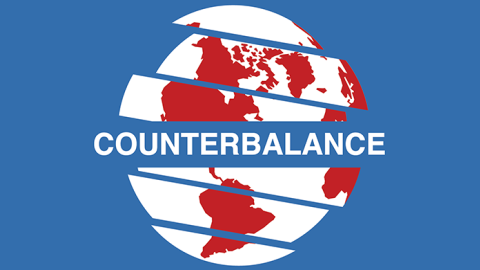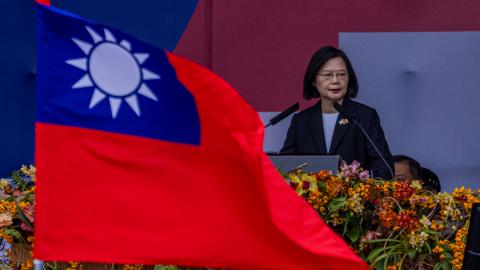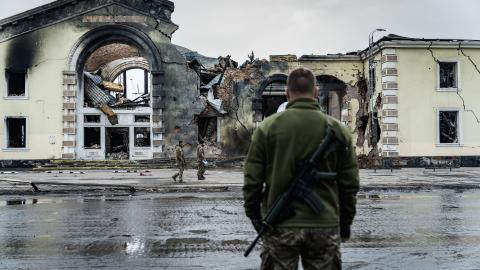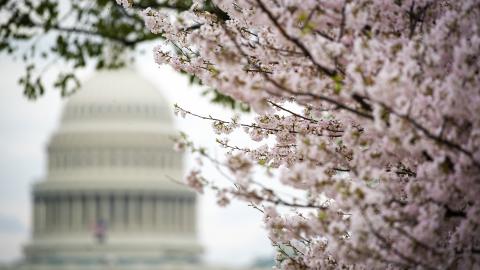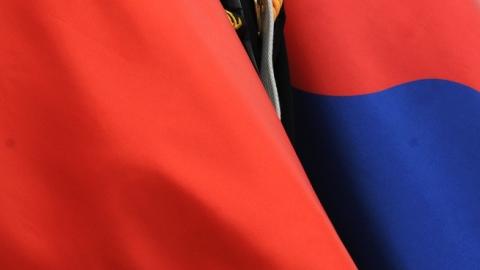While South Korean President Park Geun-hye has conferred with Chinese President Xi Jinping five times since 2013, most recently during a June 2014 summit in Beijing, she has refused several invitations to meet one-on-one with Japanese Prime Minister Shinzo Abe. Her excuse is that the Japanese leader and his country have not demonstrated sufficient and sincere remorse over Japanese actions during World War II and prior, such as the use of Koreans as “comfort women” for imperial Japanese soldiers. But the animosity is odd, in spite of this terrible past, since Japan and South Korea share a great power ally and protector in the United States and both are committed liberal democracies in a region where a nuclear-armed North Korea remains a major security threat. And the interests of both countries would be adversely affected if China changes the strategic and military balance in the region in a way that radically diminishes American power and influence.
Antipathy toward Japan is not unique to the Park presidency. The Roh Moo-hyun (2003–08) and Lee Myung-bak (2008–13) administrations also experienced tense moments with Tokyo over the same or similar wartime issues. What is different is that Park has insisted, from the start of her term in early 2013, that progress in bilateral relations would depend on demonstrations of sincere remorse by Japan about the past that go beyond the more muted demands of her recent predecessors, while the strongly nationalistic Abe is unlikely to oblige.
The problem with this impasse is that while an often diplomatically gauche Japan is an easy political target, using wartime history to embarrass and distance Tokyo will become more and more detrimental to Seoul’s strategic interest. Besides playing into the hands of China and North Korea, this insistence on continuing to pick the scabs of seventy-year-old Japanese wartime misdeeds is likely to cause other regional players, including America, to become increasingly impatient with South Korea’s reluctance to be more constructive about the region’s challenges and its own interests.
But while Park’s intransigence may seem counterproductive to policymakers in Tokyo and Washington, it plays well domestically. For South Koreans, the past—as William Faulkner famously wrote—is never dead; it’s not even past. Memories of past Japanese aggression are very much alive and, according to recent polls and surveys, they translate into greater fears about the dubious prospect of rapid Japanese remilitarization than about the very real and very rapid Chinese military buildup, or, even more astoundingly, than about the threat posed by North Korea, a country with which South Korea is still formally at war.
The depth of anti-Japanese feeling is illustrated by a farcical event in December 2013 when South Korean peacekeeping forces in Sudan faced imminent threat from insurgents and issued a desperate call for more ammunition. Because Japan’s military was the only other entity on the ground with the same caliber ammunition, Tokyo promptly authorized its Self-Defense Forces to hand over ten thousand bullets to the Koreans. But the gesture caused such a public uproar that Seoul refused to accept the ammunition, suggesting that South Korean antipathy toward Japan trumps even the need to protect one’s own troops.
